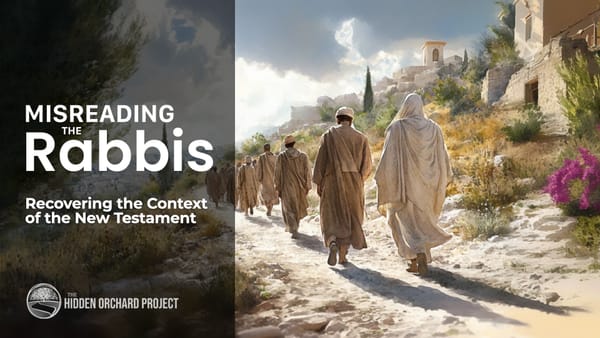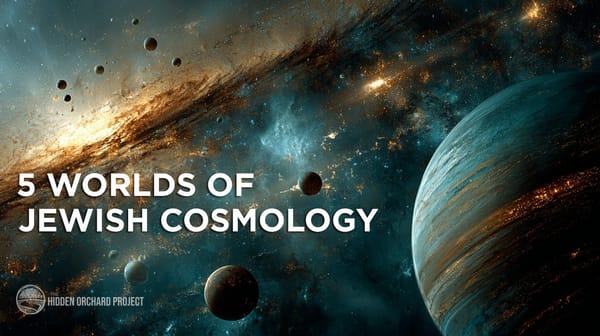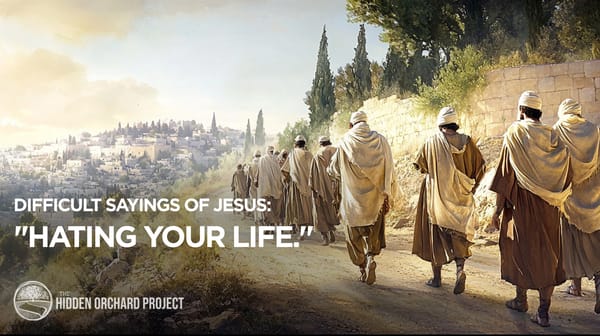The Psalms: Weapons of Mass Restoration
In Jewish tradition, the Psalms are a sort of secret weapon of mass restoration. Within them lies a deeper power that many may not have heard about. We will look at some of these and a few combinations to be read for specific purposes, including one set that you should begin using immediately.

For many, the Psalms are viewed as an ancient collection of prayers and songs that span a wide range of human emotions.
Like a toolbox, we can tap into a corresponding Psalm to address the particular issue life has thrown at us. For example, when sad, one may read a Psalm of hope; in times of fear, one may seek a Psalm of encouragement.
While this is true on one level, in Jewish tradition, the Psalms are a sort of secret weapon. Weapons of mass restoration.
Within them lies deep power that many may are not aware of.
Tehillim
There are 150 Psalms in total, known in Hebrew as "Tehillim." Traditionally, the majority are attributed to King David and his son King Solomon. Others are attributed to various authors, some going back to Moses, and even Adam.
Fundamentally, the words of the Psalms themselves are powerful. This idea connects to the spiritual nature of speech and its creative power. It was the Lashon Kodesh (Holy Language, ie: Hebrew) that underlies the fabric of the created universe, and the Psalms continue to draw this creative power into the world when we use them.
With this in mind, the Psalms are best said in Hebrew, however English (or other) translations still convey immense power. If you are interested in purchasing a Hebrew/English version, I find the Koren Tehillim¹ version worth the money.
When we read from these works, we are calling a powerfully creative and restorative Divine light into our world. It is no surprise why the Siddur (Jewish prayer book) contains so many Psalms.
Below are a few groups of Psalms that can be of use, but this article is intended to share with you an important collection of (10) Psalms you might want to begin using immediately.
Rebbe Nachman
But first, a little history. Rebbe Nachman² [of Breslov] was born in 1772 in Ukraine. He was related to the great Baal Shem Tov³ and was a prominent Hasidic master in his time.
Known for his profound teachings and unique approach to spirituality, Rebbe Nachman emphasized the importance of joy, simplicity, and deepening one's connection to G_D.
Breslov Hasidism today is an approachable and growing school of Hasidic thought, based upon the teachings of Rebbe Nachman. Chief among his teachings is repentance, which is essentially the method of clearing away the various blockages between ourselves and the Creator.
As seems to be somewhat common for the great kabbalists, he lived a life with many challenges, and tragedies, and illness which contributed to his passing away before his 40th birthday.




